Mr. Tran Phu Hau - member of the Organic Mango Production Group in My Tho commune ( Dong Thap province) pruning branches to prepare for the new mango crop.
From traditional farming to sustainable agricultural thinking
Mr. Nguyen Van Thach, residing in My Tho commune (Dong Thap province), is one of the first local gardeners to participate in organic mango production according to PGS standards supported by Seed to Table (Japan). Mr. Thach said: “According to the instructions of the agricultural sector, gardeners must gradually reduce inorganic fertilizers and pesticides according to the roadmap. In the first year, reduce 20% of fertilizers and 30% of pesticides; the following year, the reduction will continue. This is the “survival” path if Vietnamese mangoes want to have a place in the international market.”
PGS (Participatory Guarantee System) is a quality assurance system in agricultural production, especially organic agriculture, based on the participation of stakeholders in the production and consumption chain. To achieve certification according to PGS organic standards, farmers must strictly follow the production process, keep meticulous farming diaries, gradually reduce chemicals and switch to biological measures. For many farmers, this is a big change not only in the way of doing things but also in the production mindset. However, after 2 years of commitment, many gardeners said that they have a better understanding of the value of responsible farming for health, the environment and consumers.
The organic mango production model in My Tho commune is being implemented with the support of Seed to Table, which not only provides technical support but also helps connect farmers with markets, especially export enterprises. Ms. Le Thi Kim Duyen - a gardener in My Tho commune (Dong Thap province) cultivates 2 hectares of mango trees that are over 30 years old and is also one of the households actively participating in the organic mango production model according to PGS standards. Ms. Le Thi Kim Duyen said: “Recently, I sold mangoes to a Japanese company in Ho Chi Minh City for 40,000 VND/kg. The company also committed to purchasing 17 more tons of mangoes from gardeners participating in the PGS organic mango production model in 2025. Not only does production under this model sell for a higher price, but for the past 2 years, my mango garden has grown well, with beautiful fruit and production costs reduced by nearly 50%. Switching to organic mango production and applying new techniques, we feel much more secure in our farming.”
Implementing the organic mango model, farmers' production thinking has also gradually changed. Many gardeners no longer consider mangoes as just a traditional crop but an economic product that requires systematic investment from the production process to output.
Gardeners in My Tho commune (Dong Thap province) are determined to change farming practices to increase the value of mangoes.
Spreading the green - clean - effective model
To help farmers change their long-term farming habits, Seed to Table has designed a clear roadmap, reducing fertilizers and chemicals each year, aiming to achieve organic standards by the third year.
Ms. Ino Mayu - Chief Representative of Seed to Table in Vietnam shared: “Producing PGS organic mango is more difficult than many other crops, especially due to farmers' habit of using flowering stimulants. When implementing the project in My Tho commune in 2024, initially 18 households registered to participate, but after a while only 12 households were eligible to continue. However, the determination of the remaining households is creating a positive spread in the community. Along with technology transfer, the unit also acts as a bridge connecting organic products with Japanese enterprises operating in Vietnam. We want farmers to understand that clean production is to meet market requirements. From there, mangoes not only increase in value but also enhance the local brand”.
Not only does it help increase economic efficiency, the organic mango production model according to PGS standards also brings clear environmental benefits. Mr. Tran Phu Hau, residing in My Tho commune (Dong Thap province), a member of the Organic Mango Production Group, said: “Thanks to the reduction of chemicals, my mango garden has more natural enemies and the soil is more fertile. I also use the mango roots to raise chickens and snails, creating additional income.”
Mango ice cream products are made from PGS organic mangoes from My Tho garden.
A notable point in the value chain of the model is the participation of Dong Thap Community College. The school has supported the development of products processed from organic mango such as: dried mango, mango ice cream... helping to increase value, extend consumption time and create more output for organic mango products according to PGS standards.
Although the model still faces some challenges such as fear of change and uneven techniques, with initial results, it can be affirmed that this is a correct and sustainable direction. With the support of the government, international organizations and the determination of farmers, the PGS organic mango production model can be completely replicated, creating a positive change for Dong Thap's agricultural sector in the integration period.
My Ly
Source: https://baodongthap.vn/kinh-te/nha-vuon-xa-my-tho-buoc-chuyen-minh-tich-cuc-132753.aspx


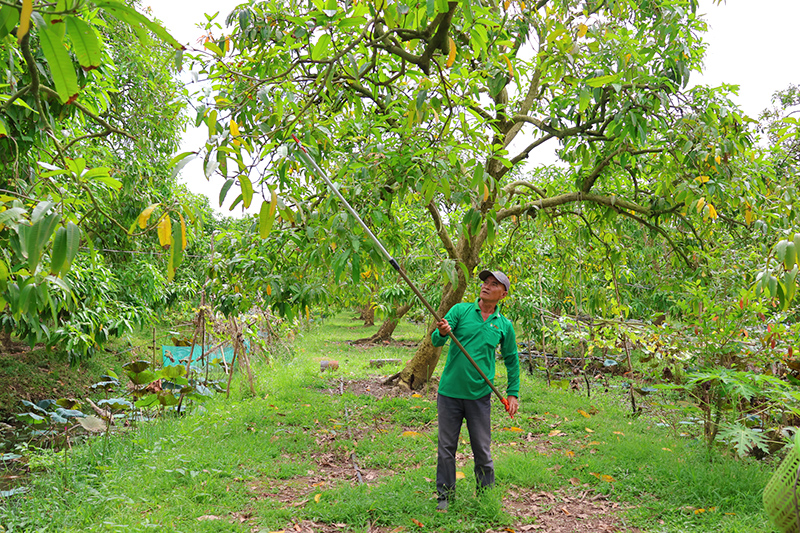
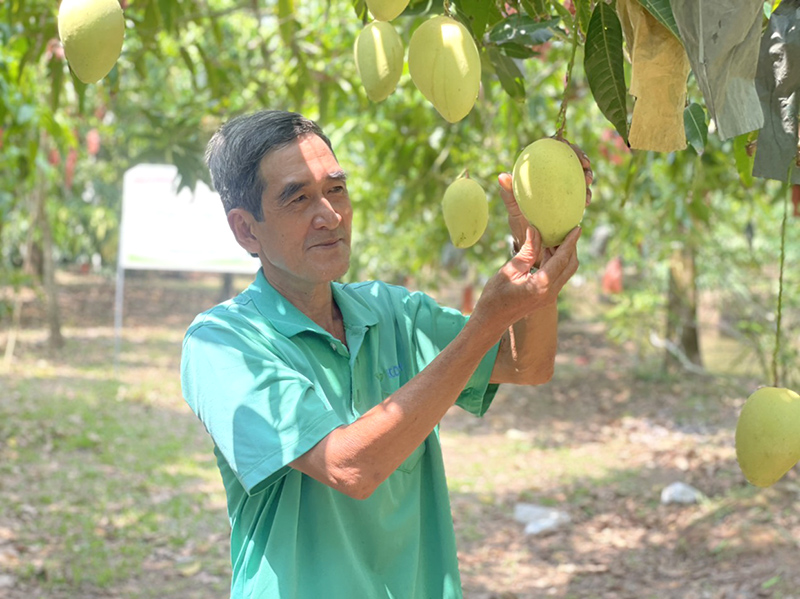
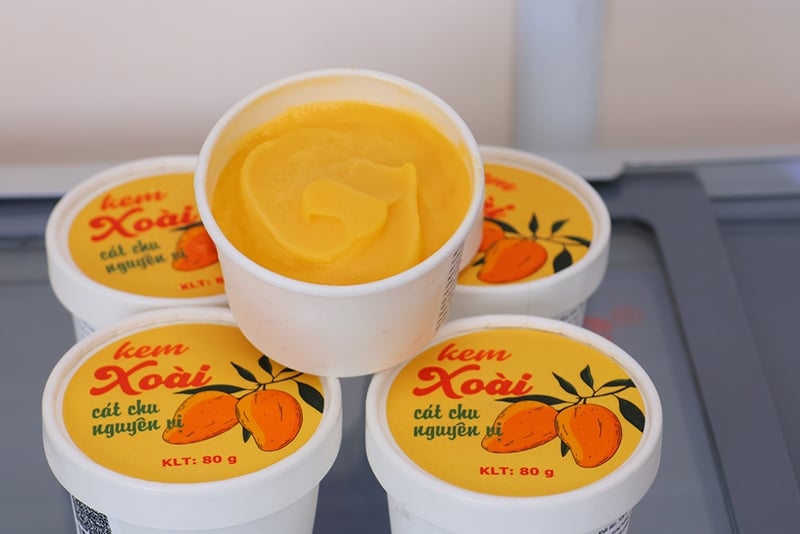
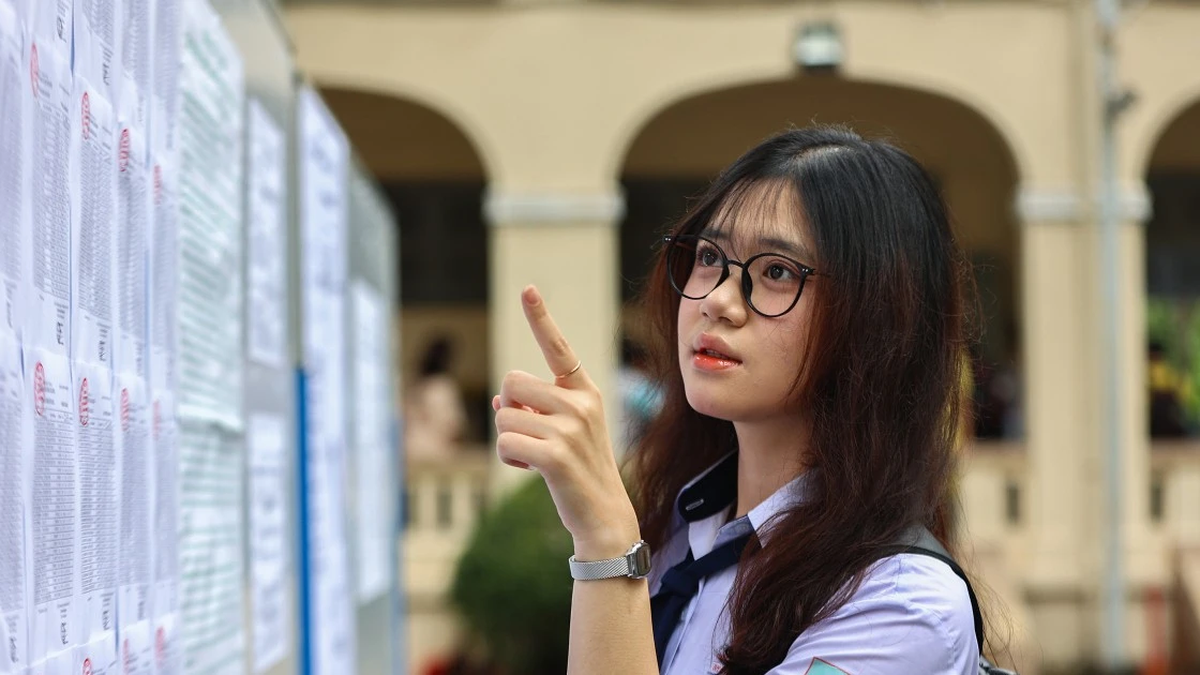
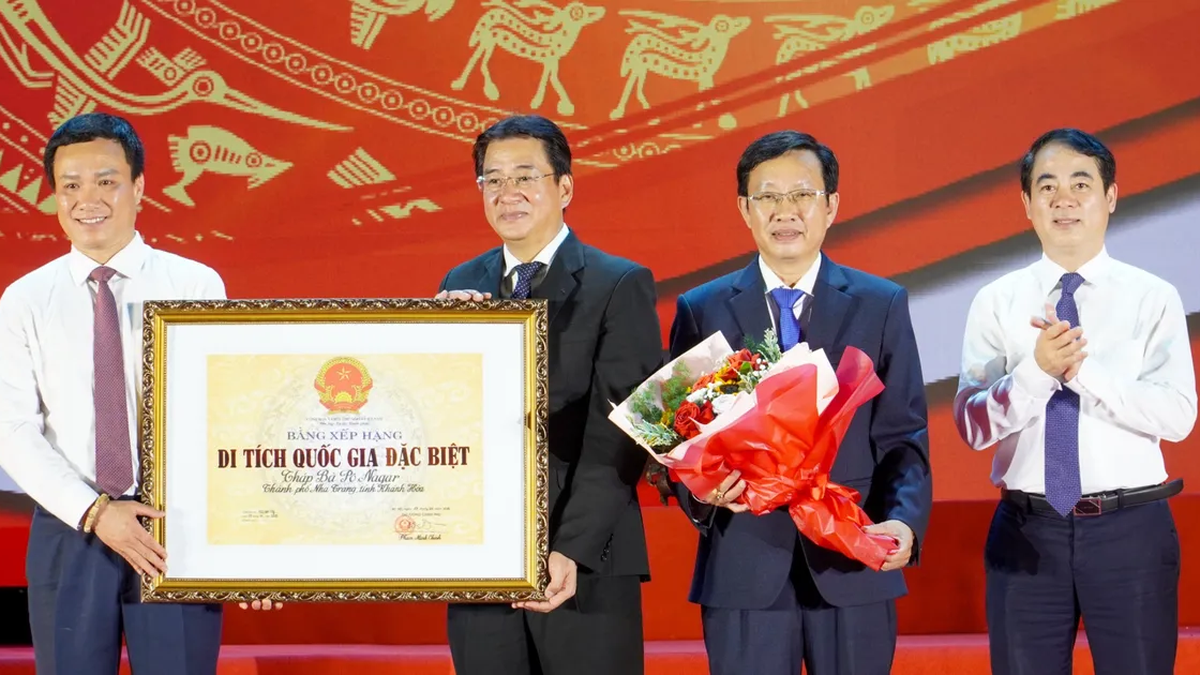
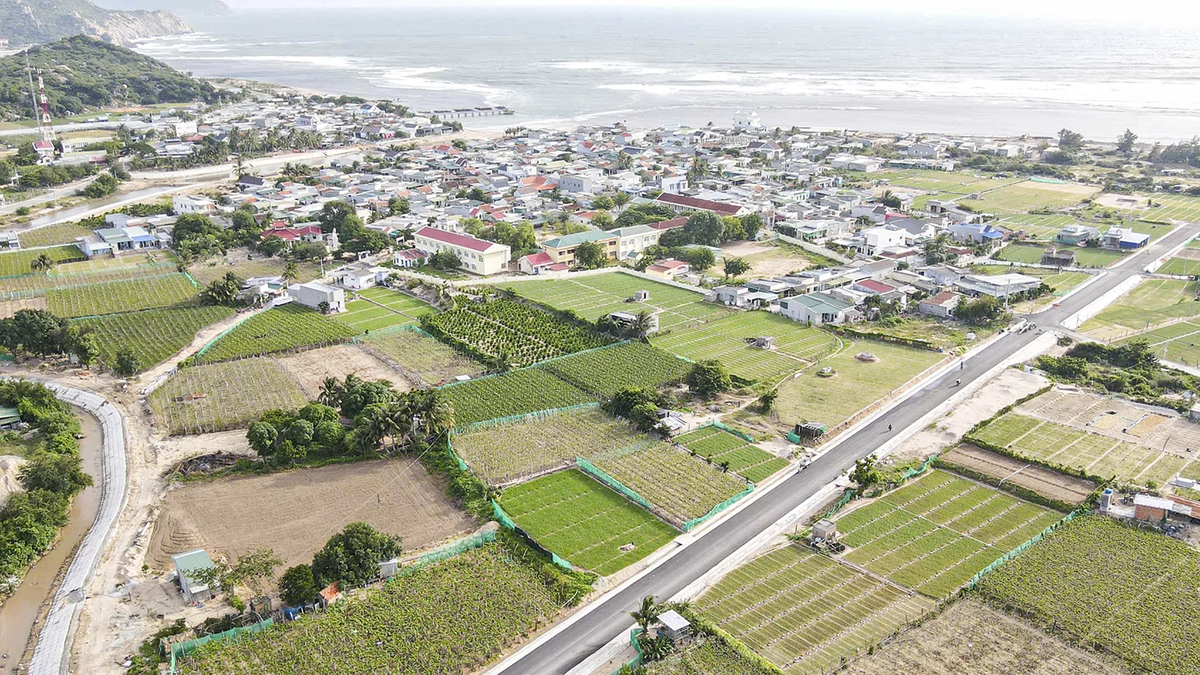
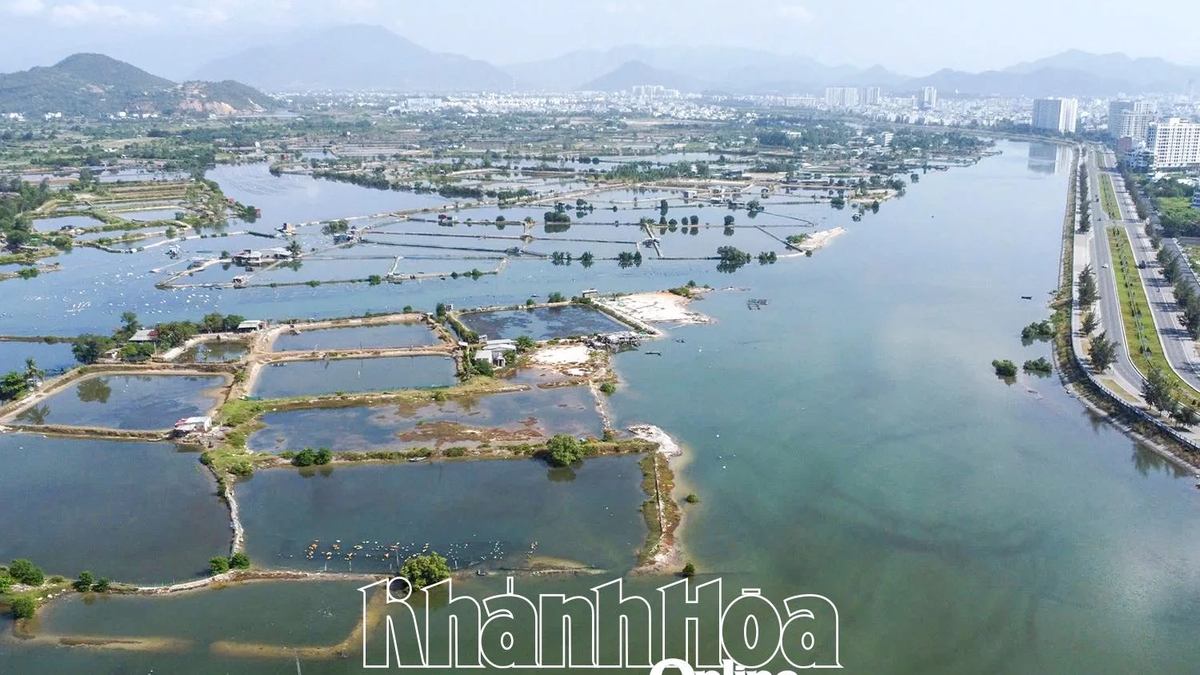

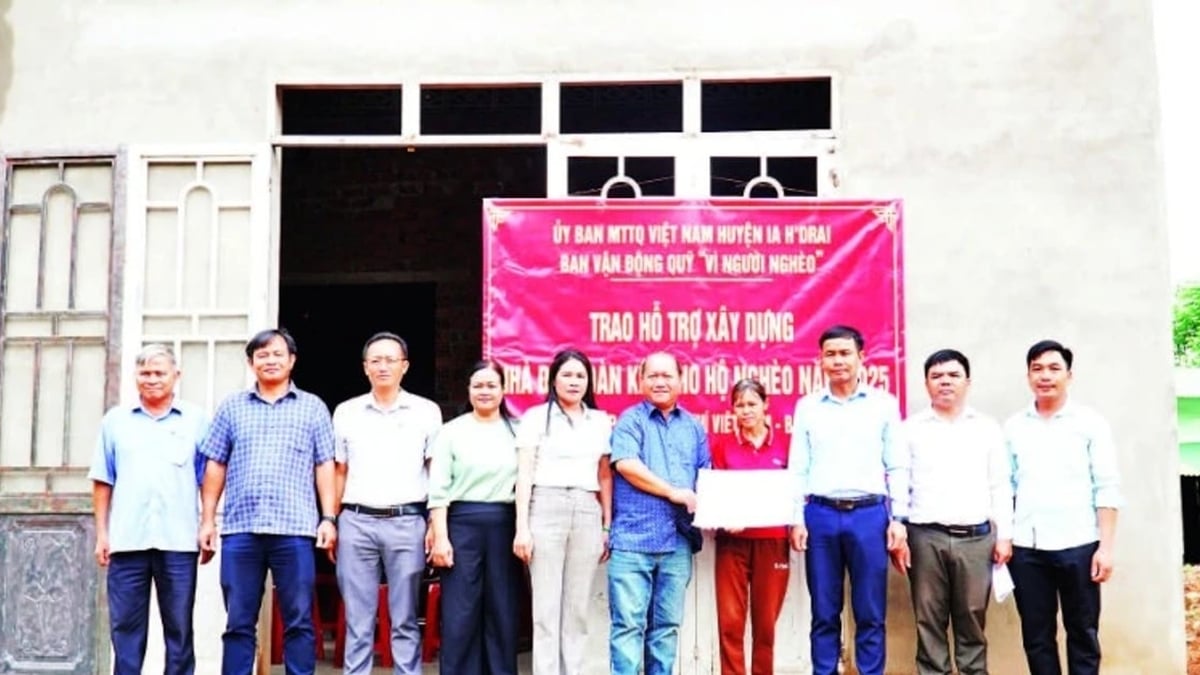
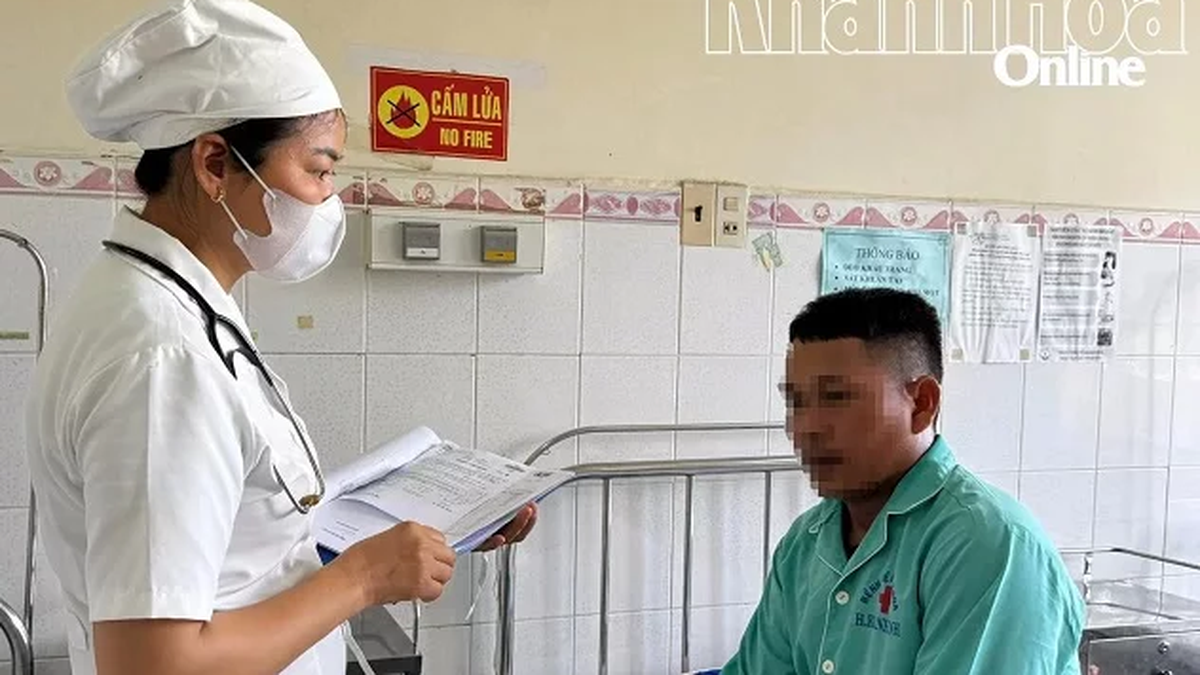
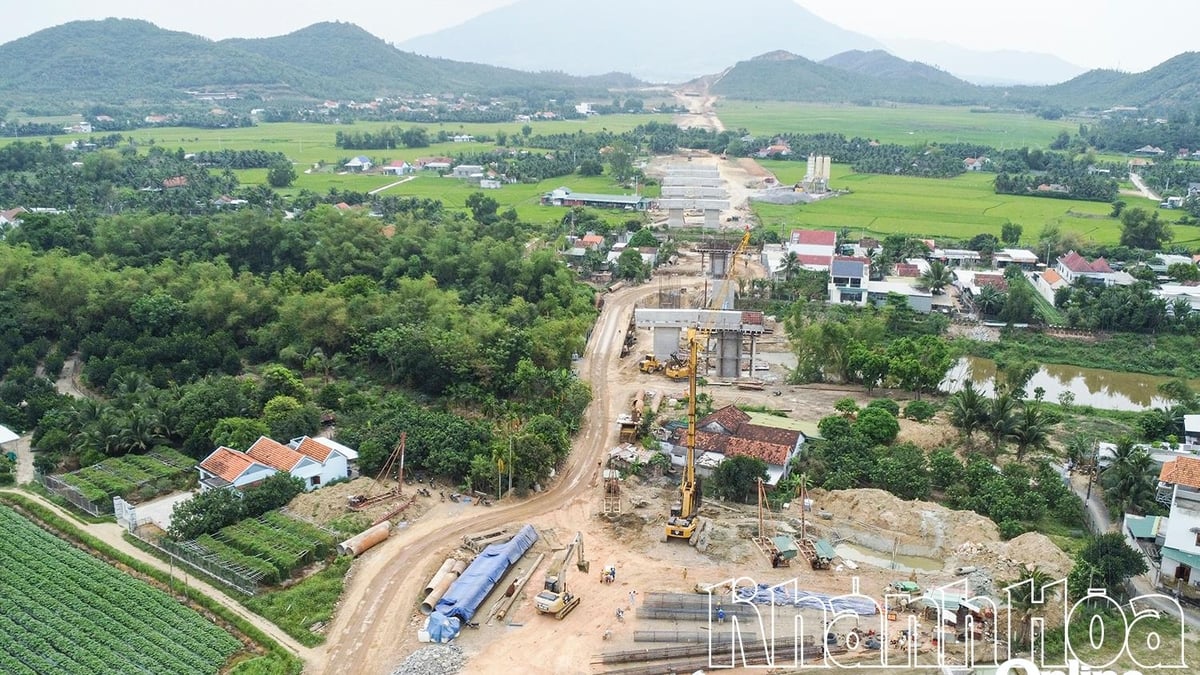
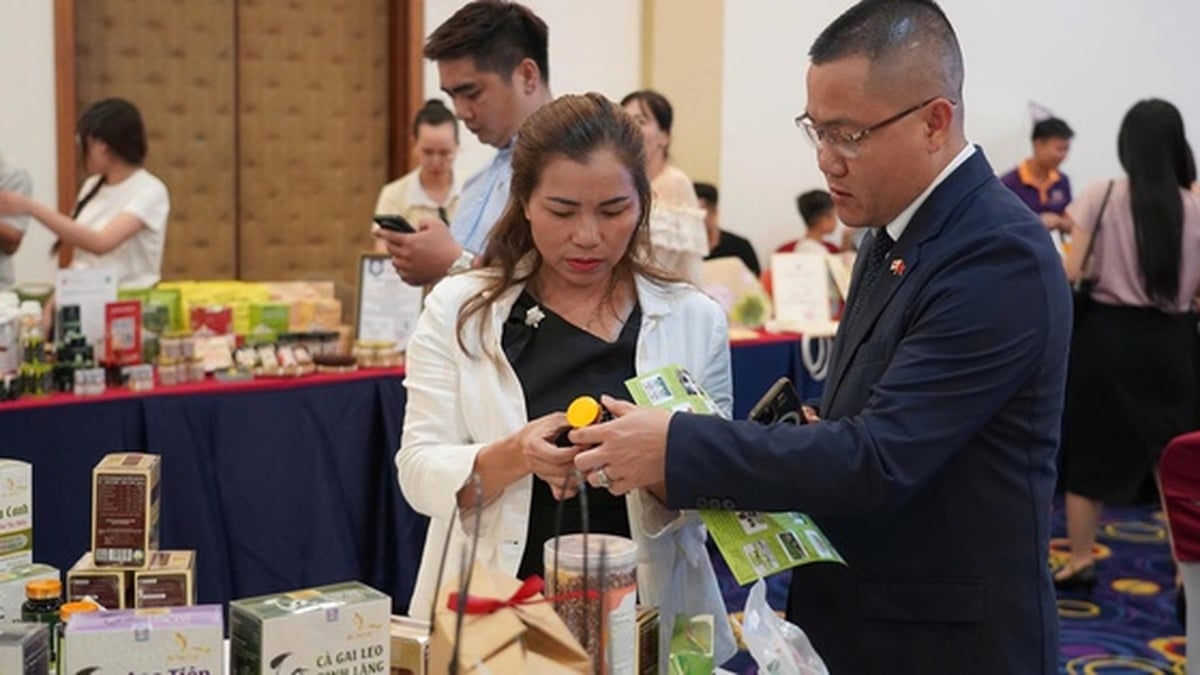












![[Photo] Gia Lai provincial leaders offer flowers at Uncle Ho's Monument with the ethnic groups of the Central Highlands](https://vphoto.vietnam.vn/thumb/1200x675/vietnam/resource/IMAGE/2025/7/9/196438801da24b3cb6158d0501984818)






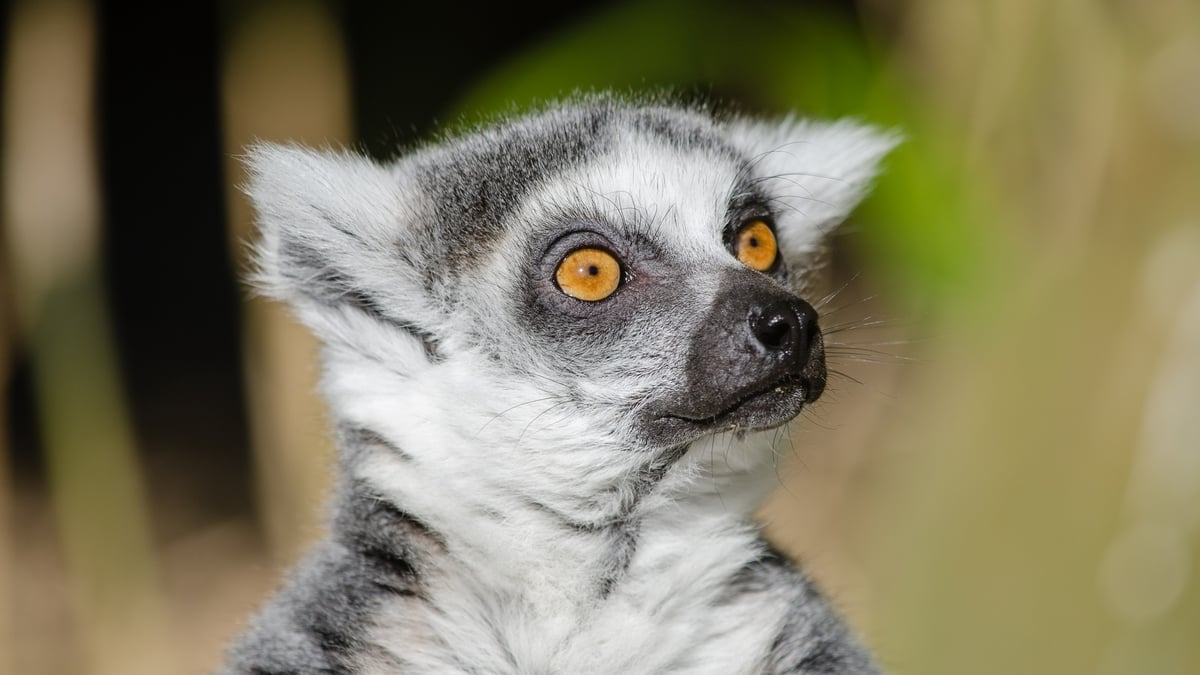
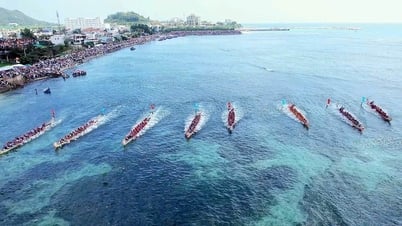

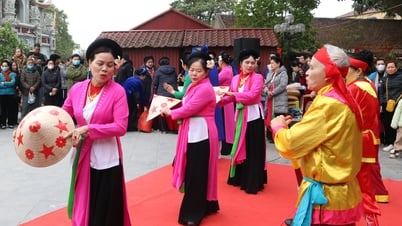

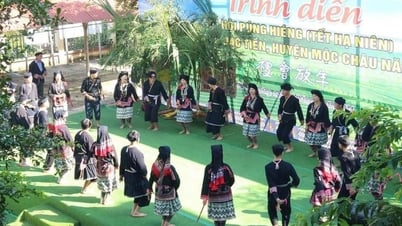

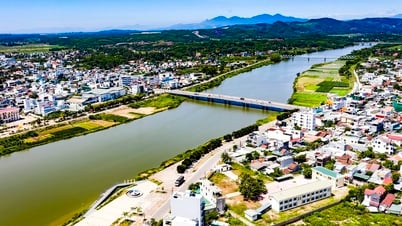

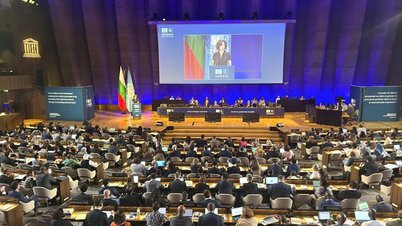

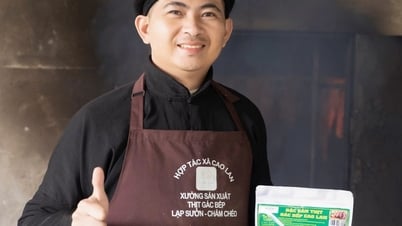

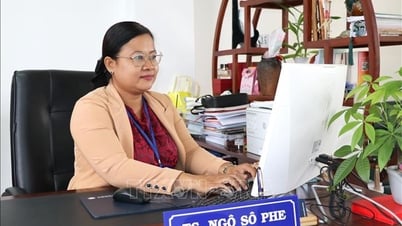

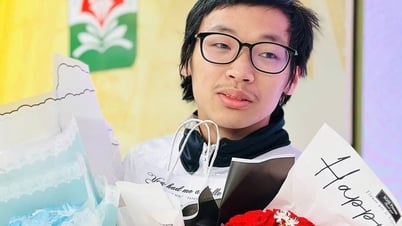
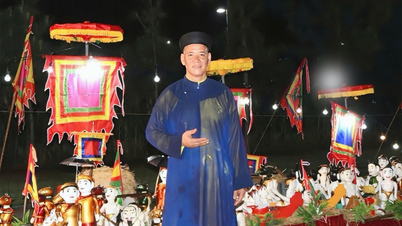

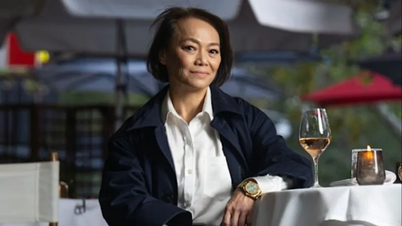





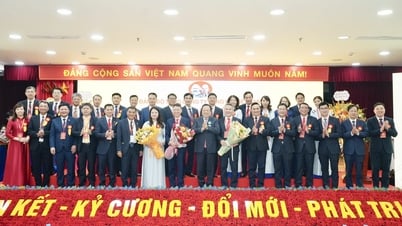



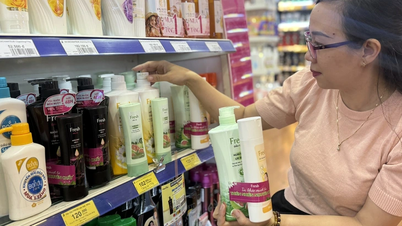
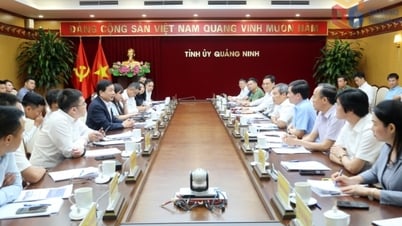

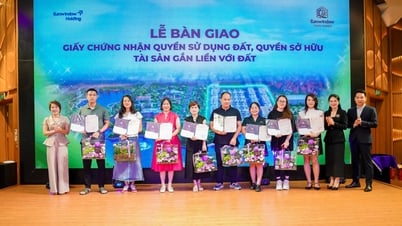

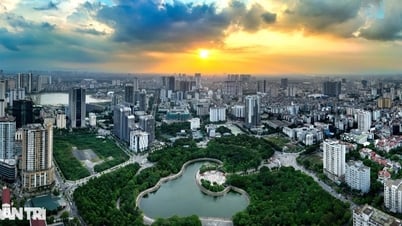
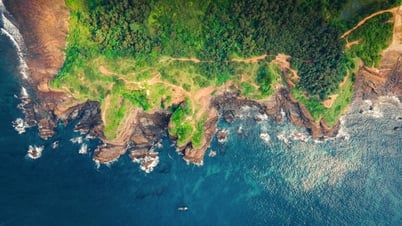



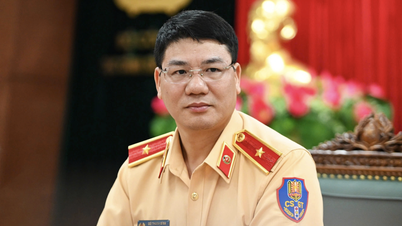

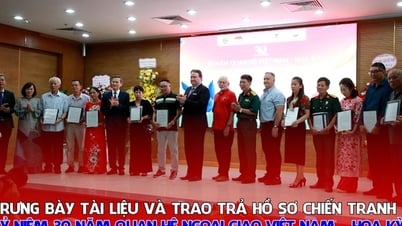

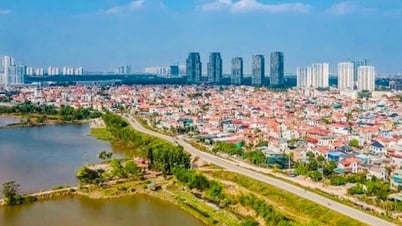
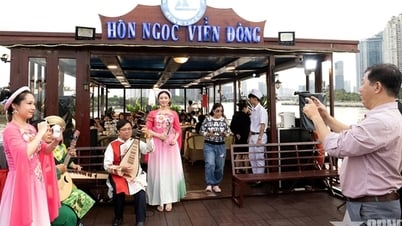
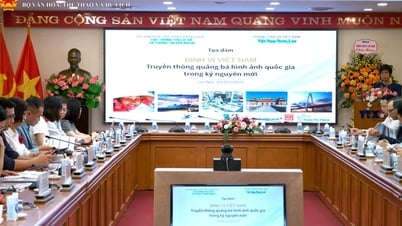

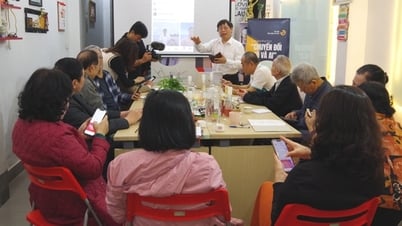








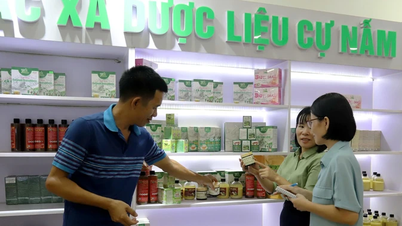
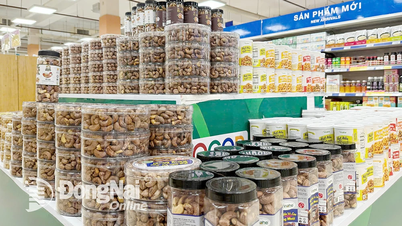

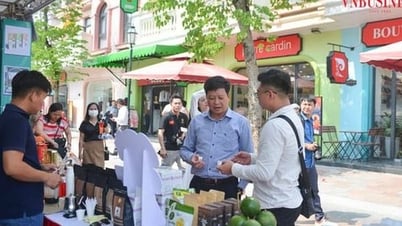

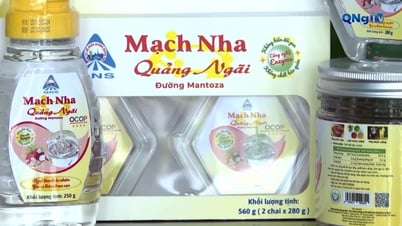

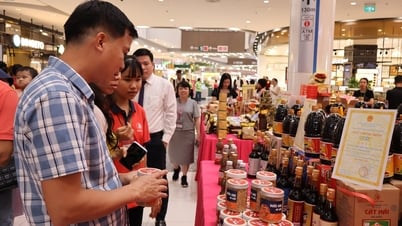



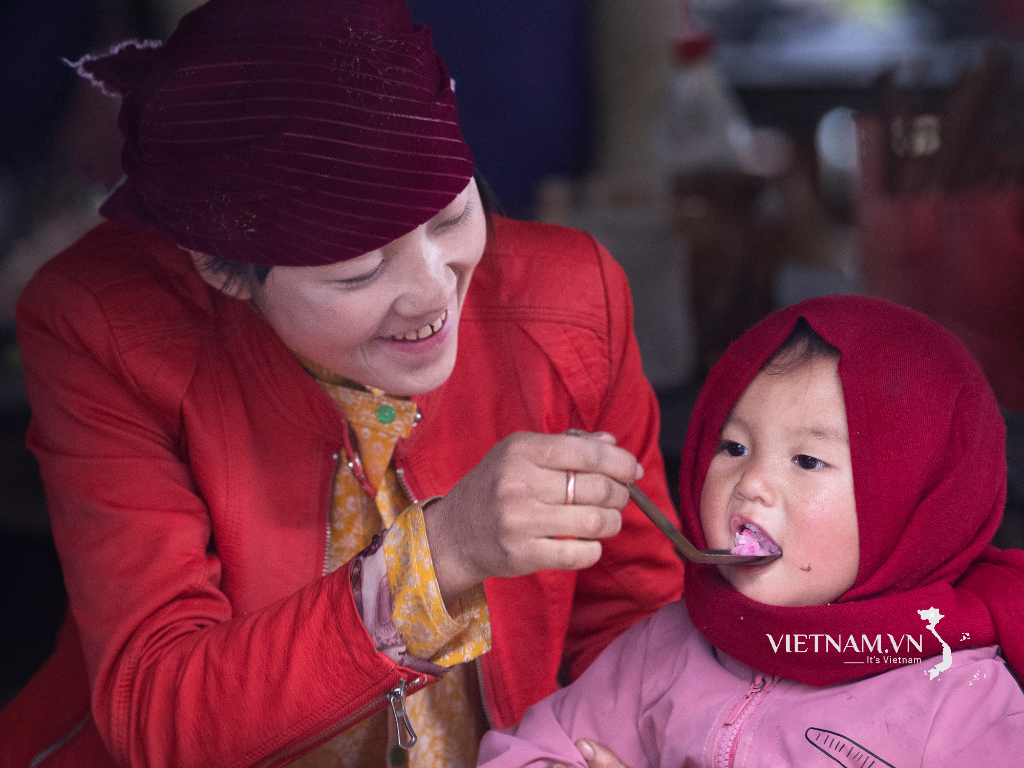
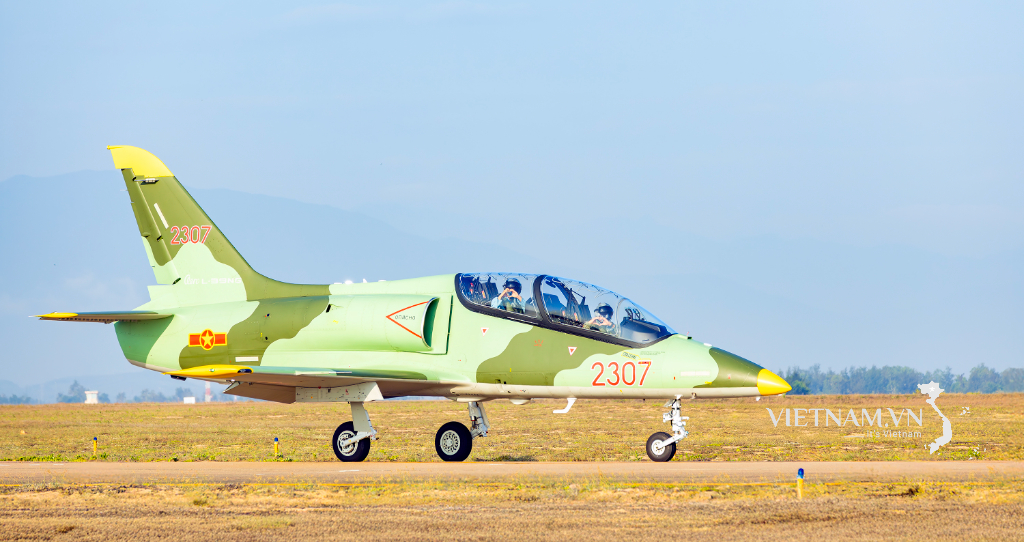

Comment (0)